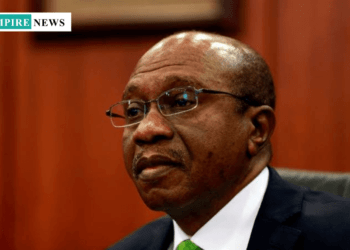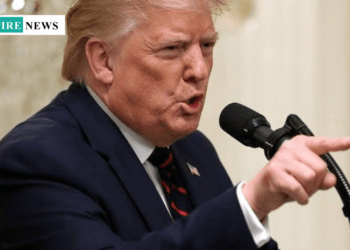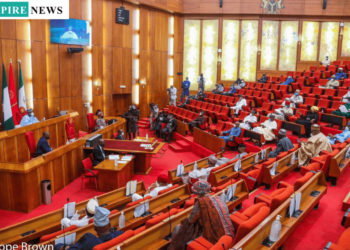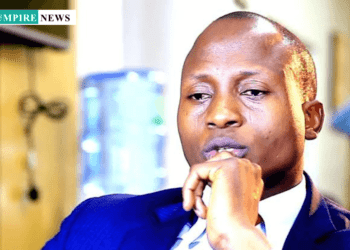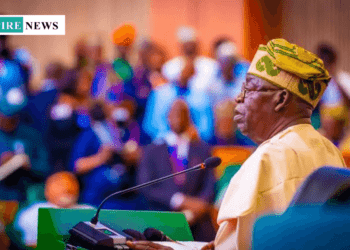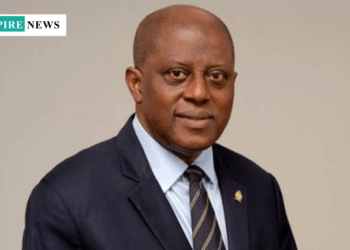The Federal Government has reiterated its commitment to addressing non-communicable diseases (NCDs) in Nigeria through targeted and collaborative strategies. To enhance the effectiveness of its initiatives, the government has invited external regulatory bodies to review its programs and policies, gathering insights and implementing expert recommendations for improvement. The Minister of State for Health and Social Welfare, Tunji Alausa, highlighted these efforts during a debriefing with representatives from the International Atomic Energy Agency (IAEA), World Health Organisation (WHO), and International Agency for Research on Cancer (IARC).
During a recent countrywide assessment by the visiting Impact Review Mission Team, Alausa emphasized the importance of international expertise in evaluating Nigeria’s cancer control and prevention programs. “We need international experts like you to assess our cancer initiatives and help identify areas for focus,” he stated. He noted that the government is keen to leverage feedback from the assessment to enhance healthcare strategies, reinforcing its commitment under President Bola Tinubu’s administration.
The Minister acknowledged the urgent challenges in Nigeria’s cancer care infrastructure, pointing to the limited availability of diagnostic and treatment facilities. For a nation of over 220 million people, Nigeria currently has only one positron emission tomography (PET) scanner and lacks cyclotrons for isotope production. Additionally, Alausa mentioned the country’s shortage of linear accelerators, which are crucial for effective cancer treatment. The government, he said, is working to address these gaps through strategic initiatives aimed at strengthening the healthcare system.
In support of these efforts, President Tinubu has made healthcare a national priority, with the sector receiving the highest budget allocation in the country’s history. Alausa emphasized the President’s responsiveness to healthcare needs, noting, “Whenever we approach the President on healthcare issues, he promptly approves our requests, demonstrating his trust in our ability to provide the best care for Nigerians.” Plans include the establishment of six new cancer centres and diagnostic facilities across various regions, along with reinforcement of cancer care programs in secondary and tertiary hospitals.
To complement treatment initiatives, the government is also implementing preventive measures such as HPV vaccination and increased cancer awareness campaigns. While acknowledging ongoing challenges, particularly the limited availability of mammogram facilities in public hospitals, Alausa expressed optimism that these new initiatives will significantly improve healthcare access and outcomes across Nigeria.
Nigeria Strengthens Battle Against Non-Communicable Diseases with Expert Support
Roland Bayode
Roland Bayode is a Nigerian journalist with expertise in investigative reporting and editorial leadership. A graduate of Mass Communication, he served as Editor-in-Chief of Echo Media at Adekunle Ajasin University and was the top intern at Premium Times Center for Investigative Journalism (PTCIJ) at Owena Press, The Hope Newspaper in Akure. Roland has contributed to News Round the Clock, PTCIJ Google-YIAGA LightRay Media, Apex Sport (U.S.), and served as Associate Editor for Nigeria Grassroot News under AFYMP.
Leave a Reply Cancel reply
NATIONS NEWS
POLITICS
YOUR ECONOMY
E & P
Haaland Might Miss Man City Showdown With Liverpool
Manchester City boss Pep Guardiola said Erling Haaland remains a doubt for Sunday’s Premier League clash against Liverpool after sitting...
YOUR THOUGHT & HISTORY
Who we are

Welcome to Umpire News, your go-to online newspaper dedicated to broadening perspectives and expanding the horizons of our numerous readers. Read more
Recent News
Gov. Adeleke defies warnings, as state holds LGA elections
Police Neutralize Four Suspected Kidnappers in Ogun
© 2024 Copyright Umpirenews. All rights reserved




